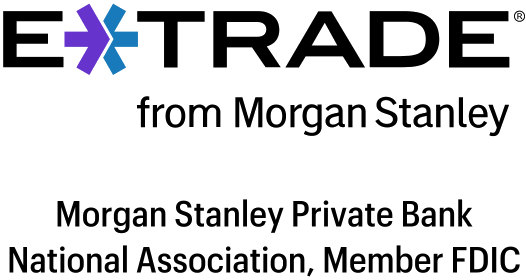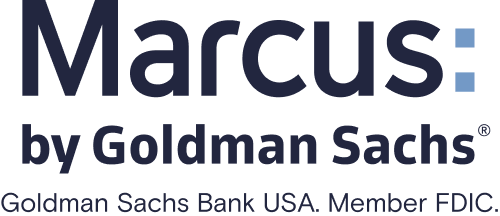Are Cash Management Accounts Safe? How CMAs Protect Your Money
Your money is protected in a cash management account via federal insurance and secure technology.

Many, or all, of the products featured on this page are from our advertising partners who compensate us when you take certain actions on our website or click to take an action on their website. However, this does not influence our evaluations. Our opinions are our own. Here is a list of our partners and here's how we make money.
Cash management accounts are offered by brokerage firms and allow people to save and spend their uninvested cash. Since brokerage firms are not chartered banks, they typically aren’t able to directly offer federal insurance coverage on customers’ funds — which may make some consumers wary. Prospective customers may also be concerned about whether these accounts are as secure as those at chartered banks.
But here’s why you shouldn’t worry about the safety of your money in a cash management account.
» Want to see the best CMAs? Check out NerdWallet’s list of Best Cash Management Accounts
How does FDIC insurance work with cash management accounts?
Insurance from the Federal Deposit Insurance Corp. is provided by partner banks. When you put money into a cash management account, the CMA provider sweeps the funds to a partner bank behind the scenes so that your money is insured. Brokerage firms usually can’t provide FDIC insurance themselves because to do so requires a bank charter. FDIC insurance protects your deposits so that, in the event that the partner bank goes out of business, the funds in your account are safe.
FDIC insurance is typically up to $250,000 per partner bank. CMA providers are usually not responsible for making sure a customer’s total assets at a bank stay within FDIC insurance limits. For example, you could have funds in a checking or savings account at a partner bank that, combined with your CMA, exceed $250,000. If there’s a risk that all your funds at a particular bank will exceed the insured limit of $250,000, you may be able to opt out of using certain partner banks and have the CMA funds swept to a different one.
CMA providers often maximize insurance by using multiple partner banks. Cash management accounts at Vanguard, Fidelity, Empower, Betterment and Wealthfront all insure more than $1 million in deposits through their partner banks. If you have that much cash, however, you may want to look into investing as an alternative. (Learn more about Betterment's program banks here.)
Customers still have access to their money when they need it, though outbound transfers may take time. Cash that’s swept into accounts at partner banks is still directly accessible. Some CMAs offer debit cards for withdrawing cash and making purchases, but some only allow customers to make online transfers to a linked bank account to get their cash.

on Wealthfront's website
Wealthfront Cash Account - Paid non-client promotion

Up to 3.90%
$1

on Betterment's website
Betterment Cash Reserve – Paid non-client promotion

3.90%
$0
Is my money safe when it isn’t in a partner bank account?
Your money should be quite safe during the short period before it’s moved from the CMA provider into an account at an FDIC-insured partner bank. After a customer funds an account, the money is covered in the interim by the Securities Investor Protection Corporation before moving to a partner bank. SIPC insurance is the brokerage equivalent of FDIC insurance. If you’re thinking of opening a cash management account, check with the provider to verify the protection offered before your funds move to a partner account.
Are cash management accounts technologically safe?
CMA providers use secure technology — such as encryption, authenticated logins and fraud detection — to protect their customers’ assets. Data breaches and technical difficulties are possible, and even major banks deal with them from time to time. But when it comes to financial products, security weaknesses often come from customers themselves. Phishing scams, use of insecure Wi-Fi networks or simple inattention to your surroundings during login can create vulnerabilities that allow bad actors to gain access to accounts.
Always protect your account information and follow other best practices for online safety, such as using secure Wi-Fi networks and using complex passwords and two-step authentication for secure logins.









